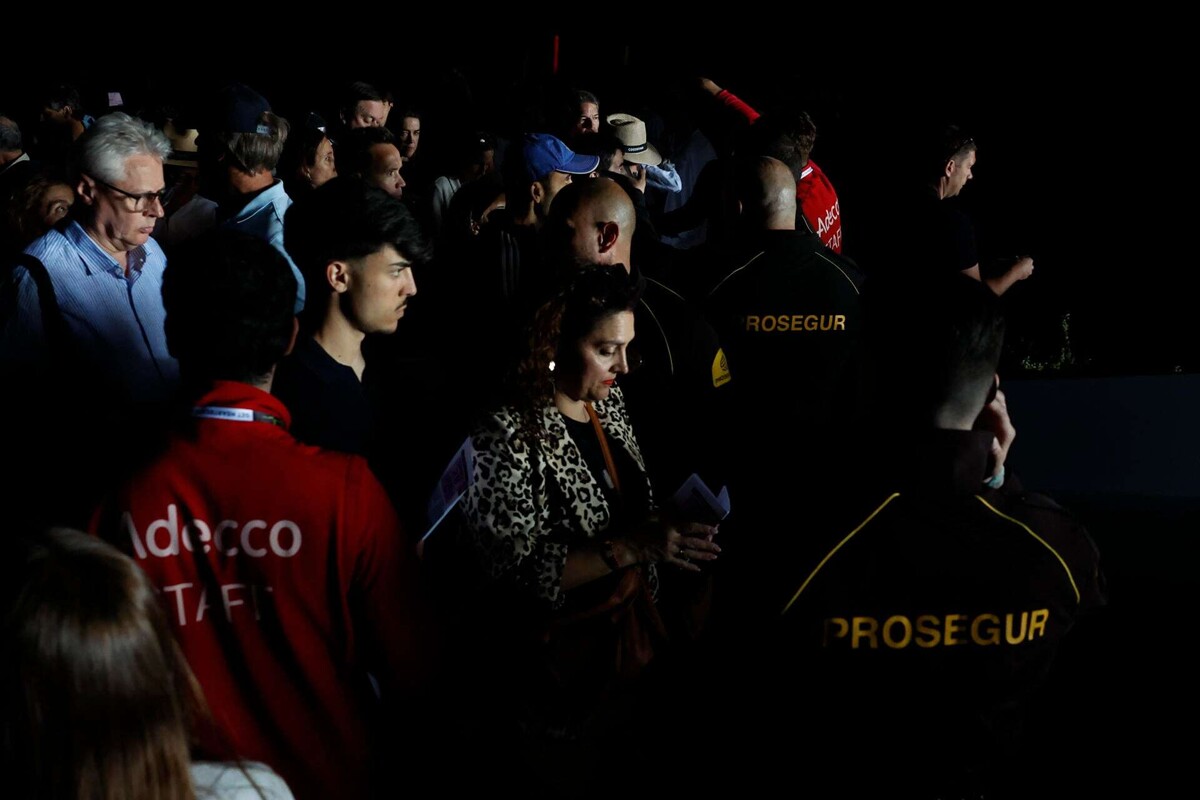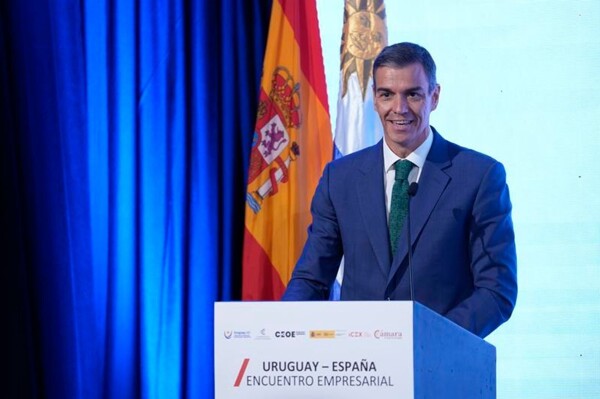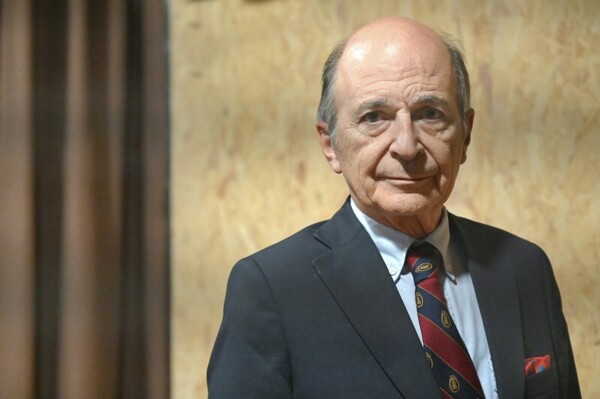
The president of Redeia is Beatriz Corredor, a former socialist minister appointed by the government of that party. In a statement prior to the 'great blackout', Corredor assured that there was no risk of a phenomenon like that occurring, as she claimed that 'Spain has the best electrical system in the world.'
In another event, during the war between Russia and Ukraine, President Sánchez stated in Congress that there would be no electrical blackouts or rationing, refuting the apocalyptic claims of the right-wing and far-right opposition, as well as those of the media.
Redeia is 20% owned by the State, while the remaining 80% is distributed among shareholders who cannot own more than 5% of the shares. The right-wing opposition, represented by the Popular Party, criticizes the lack of variety in energy sources, pointing this out as a central flaw in the Spanish Electrical Grid, due to the elimination of nuclear energy promoted by the government led by socialist Sánchez.
The current debate focuses on nuclear energy, being a potential key issue in the upcoming electoral campaigns. Nuclear energy accounts for 20% of the electricity in the national system, being a topic that is intensely debated regarding its public or private management.
After the blackout that left Spain without light, internet, and phone for almost 10 hours, the government still does not know the causes that led to this situation. Various hypotheses have been considered, including a possible hacking, although the company Redeia, mainly state-owned, remains under the responsibility of the government.
Amid the uncertainty of what occurred, ideological debates about renewable versus nuclear energy and criticisms of the private sector intensify. However, President Pedro Sánchez has highlighted the importance of thoroughly investigating the causes to prevent similar situations from recurring in the future.
During the commemoration of Labor Day, Vice President Yolanda Díaz advocated for returning the management of the Spanish Electrical Grid to the state, considering it a strategic sector for the country. Meanwhile, it is noted that renewable energies - wind, hydraulic, photovoltaic solar - account for 78% of energy generation in Spain.
Pedro Sánchez indicated that during the recent crisis, nuclear plants turned out to be a problem rather than a solution. In contrast, countries like France, which have a high percentage of nuclear energy, were able to provide additional supply to Spain during the energy crisis. The need to clarify the causes of the energy collapse becomes crucial to avoid similar situations in the future and ensure the stability of the electrical system.














